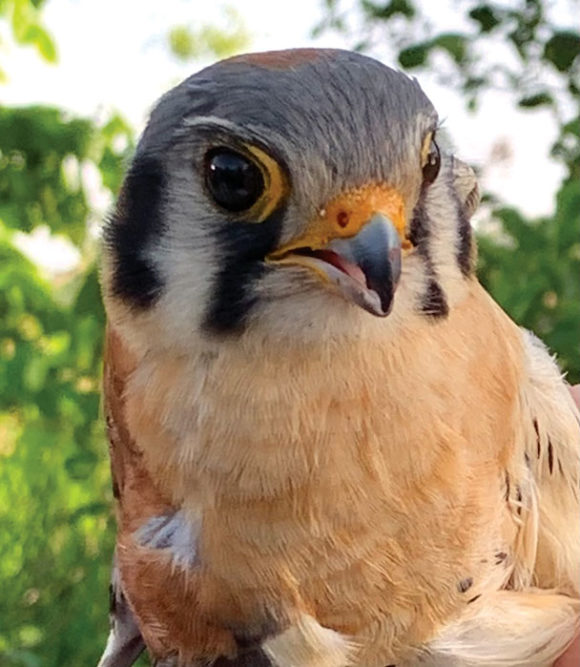No-Till Farmer
Get full access NOW to the most comprehensive, powerful and easy-to-use online resource for no-tillage practices. Just one good idea will pay for your subscription hundreds of times over.

DECLINING NUMBERS. While the American kestrel is still relatively common, their numbers have declined significantly — more than 40% — since around the 1970s. While this is alarming, the protections of the Threats to Migratory Birds Treaty Act may help prevent it from suffering the same fate as the passenger pigeon, which was declared extinct in 1918 after its population crashed from billions to zero in just 50 years.
Editor’s Note: Crave Brothers Farm is a large dairy operation in Waterloo, Wis., that goes the extra mile in several ways to conserve resources and embrace sustainability. With an on-site anaerobic methane digester, the farm operates on 100% green power plus provides energy for 300 homes in the local community. They collect and recycle wastewater from the operation, and they upcycle the livestock manure into nutrients for the farm as well as bedding for the animals and a line of organic potting soil.
The Crave Brothers began implementing no-till and cover crops several years ago, under the direction of Jordan Crave, the crop and forage manager. At a recent event at the farm, Joni Crave, Jordan’s mother, spoke enthusiastically about the farm’s adoption of no-till. Not only does it align with the sustainability vision of the organization, she says, but no-till practices are also helping with one of her pet projects: Kestrel restoration.
The kestrel is the smallest species in the falcon family and while they are still relatively common, their numbers have declined significantly — more than 40% — since around the 1970s. Joni has been working with The Kestrel Project and says she believes keeping the soil covered and boosting biological diversity is having a positive effect on the local kestrel population. Here are some thoughts and observations from Joni regarding how no-till appears to be benefitting the kestrels and wildlife in general.
— Julia Gerlach, Executive Editor
I'm just beginning to recognize the possible benefits and improvements…